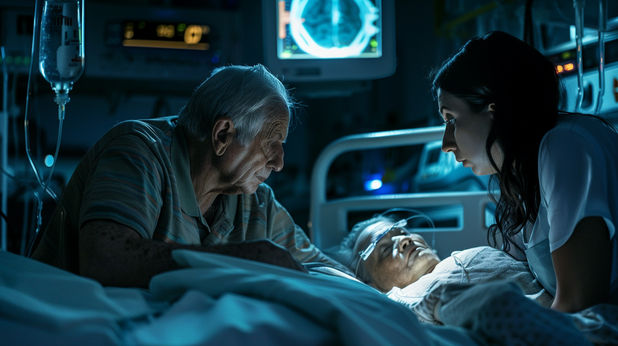As a Texas medical malpractice lawyer, I have seen cases where medication errors caused death or severe injuries more times than I can even count.
I am currently working on a medication overdose case involving a young man who was severely injured in a car wreck. The crash rendered him quadriplegic, and his back pain was so bad that he had to have a pain pump surgically implanted. The pain pump delivered pain medications directly to his spinal cord and provided him some relief.
The doctors and staff at M.D. Anderson Hospital, in Houston, have specialized knowledge and training to use these pain pumps, because they are frequently necessary for cancer patients. Although this man was not a cancer patient, M.D. Anderson doctors installed the pain pump and would see him as an outpatient every few months to check out and refill the pump.
On May 19, 2015, this young man went to the M.D. Anderson outpatient clinic to have his pain medication refilled. The doctor wrote an order for his pain medicine, Ziconotide, to be replaced at a dose or concentration of 1.5 mcg/mL.
Somehow, the physician order was either miscommunication by the nursing staff or misread by the pharmacy staff. Either way, somehow the pharmacy filled the pain drug order at a dose or concentration of 15 mcg/mL—that is an incredible medication error, a whopping 10 times of the correct dose! And that ultra-concentrated medication went into the man’s pain pump.
It is no surprise that it was not long before the patient started having serious problems.
After M.D. Anderson’s error, the patient was sent back to a rehabilitation facility, Kindred Hospital, in Tomball, Texas. The M.D. Anderson pharmacy discovered the medication mistake pretty quickly. Unfortunately, Kindred had no physician on its medical staff that was trained and qualified to reprogram or refill the complex pain pump.
In another blunder, M.D. Anderson failed to get one of its own doctors temporarily credentialed quickly at Kindred Hospital, so M.D. Anderson could take care of the problem that they created. In fact, no one from M.D. Anderson saw this patient again, and he died three days after M.D. Anderson’s medication error, on May 22, 2015. A surgical and pharmacology expert who we hired to review the case informed us that the Ziconotide overdose caused brain hemorrhaging and the man’s death.
If you or someone you care for has been injured by a hospital drug medication error, then call 281-580-8800, for a free consultation with the experienced medical malpractice lawyers at Painter Law Firm.





